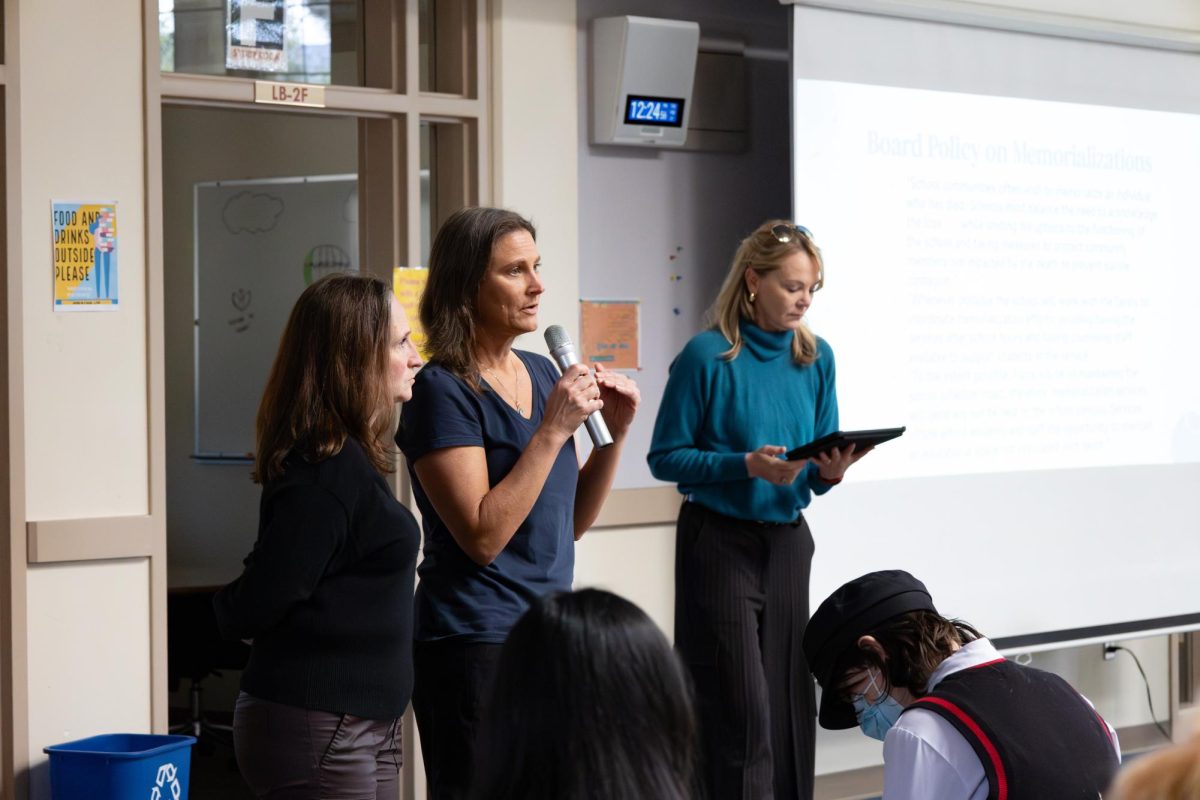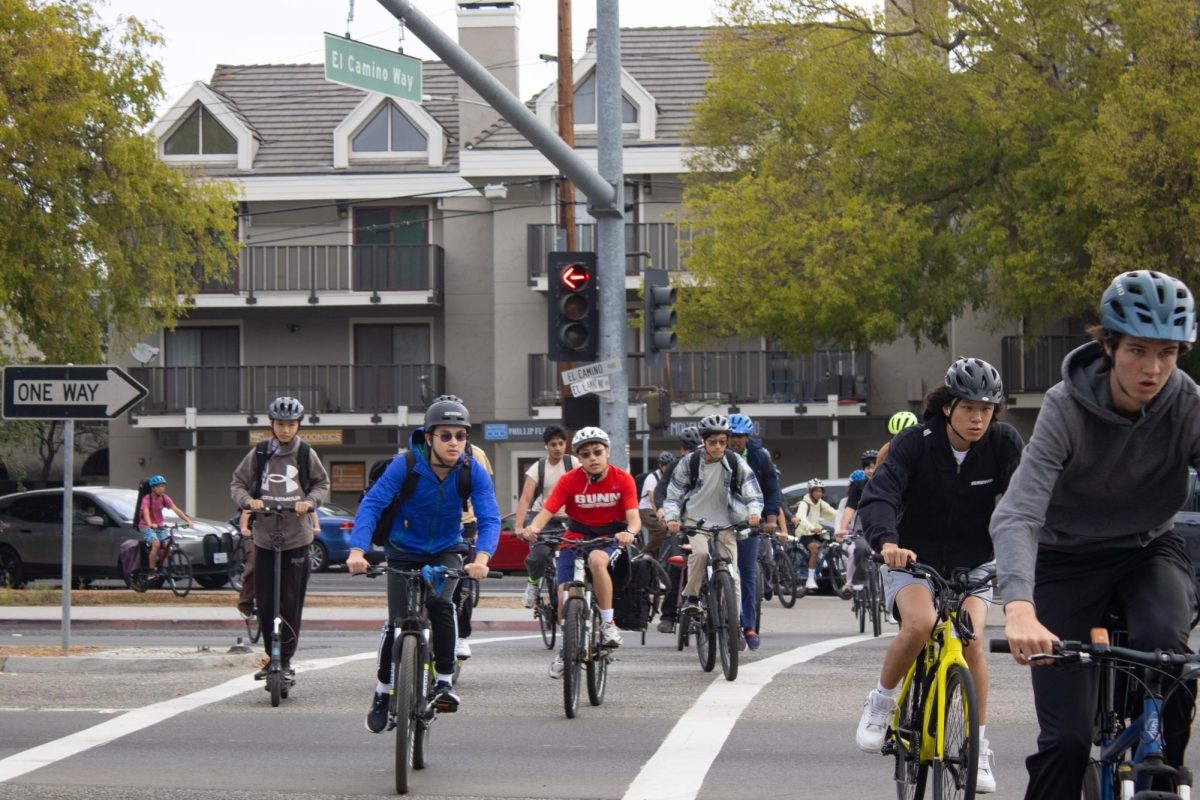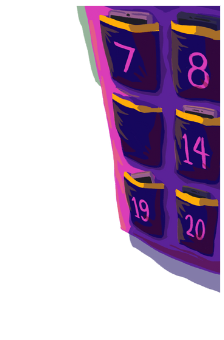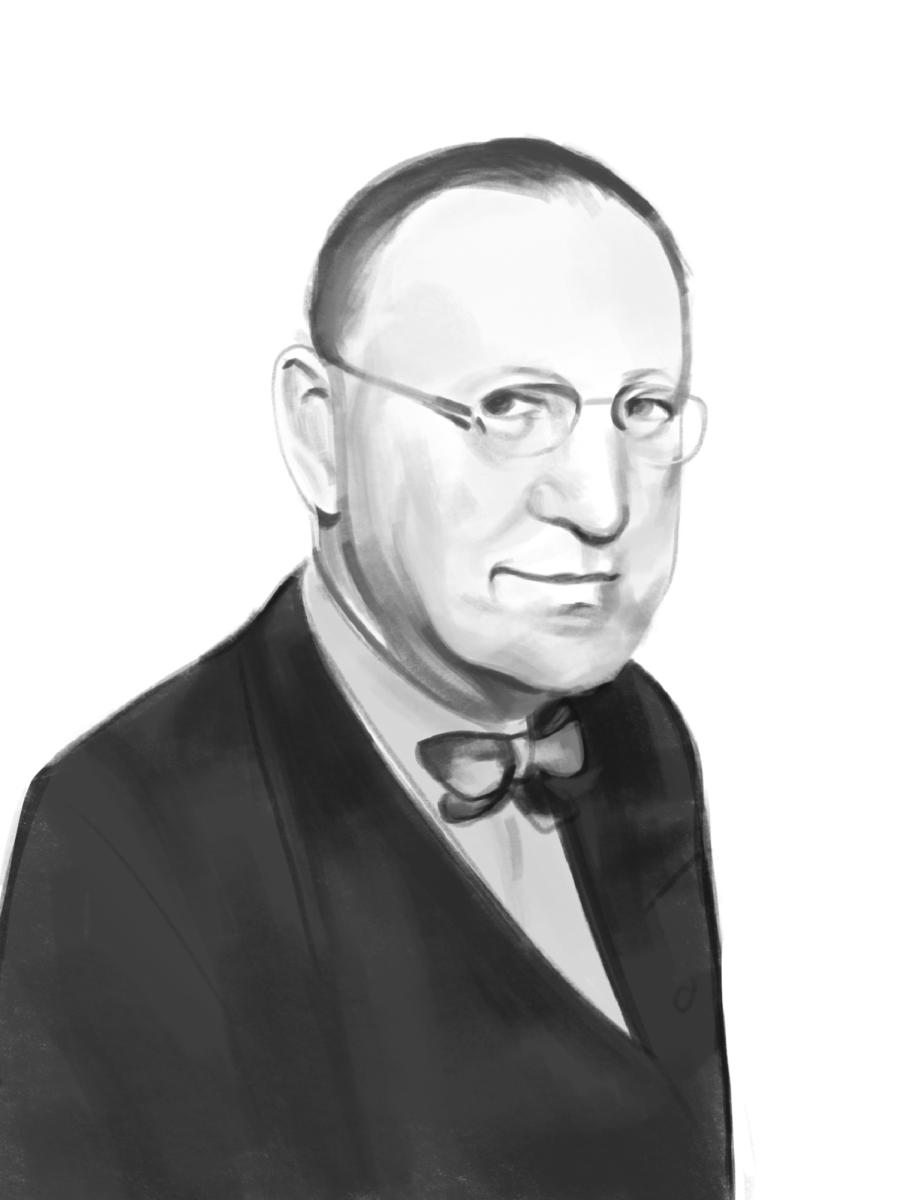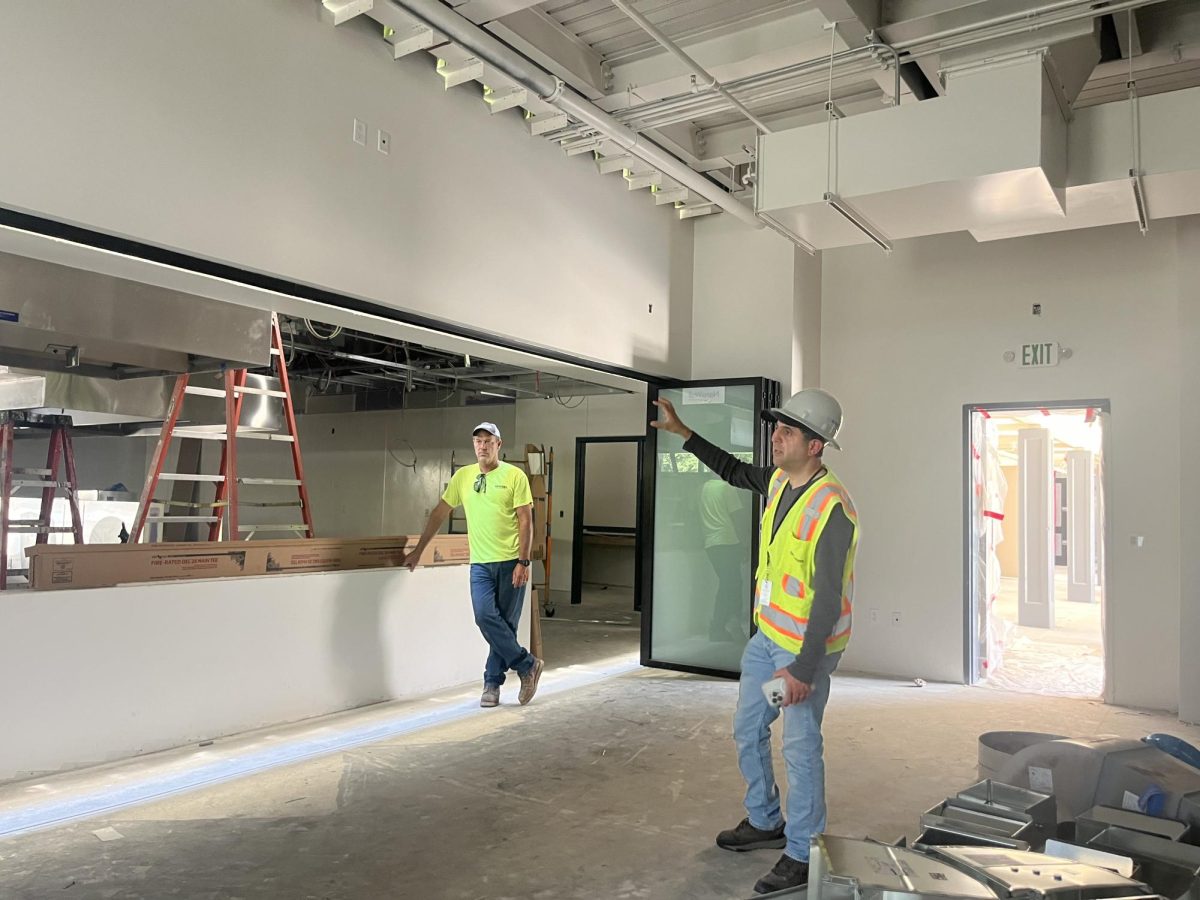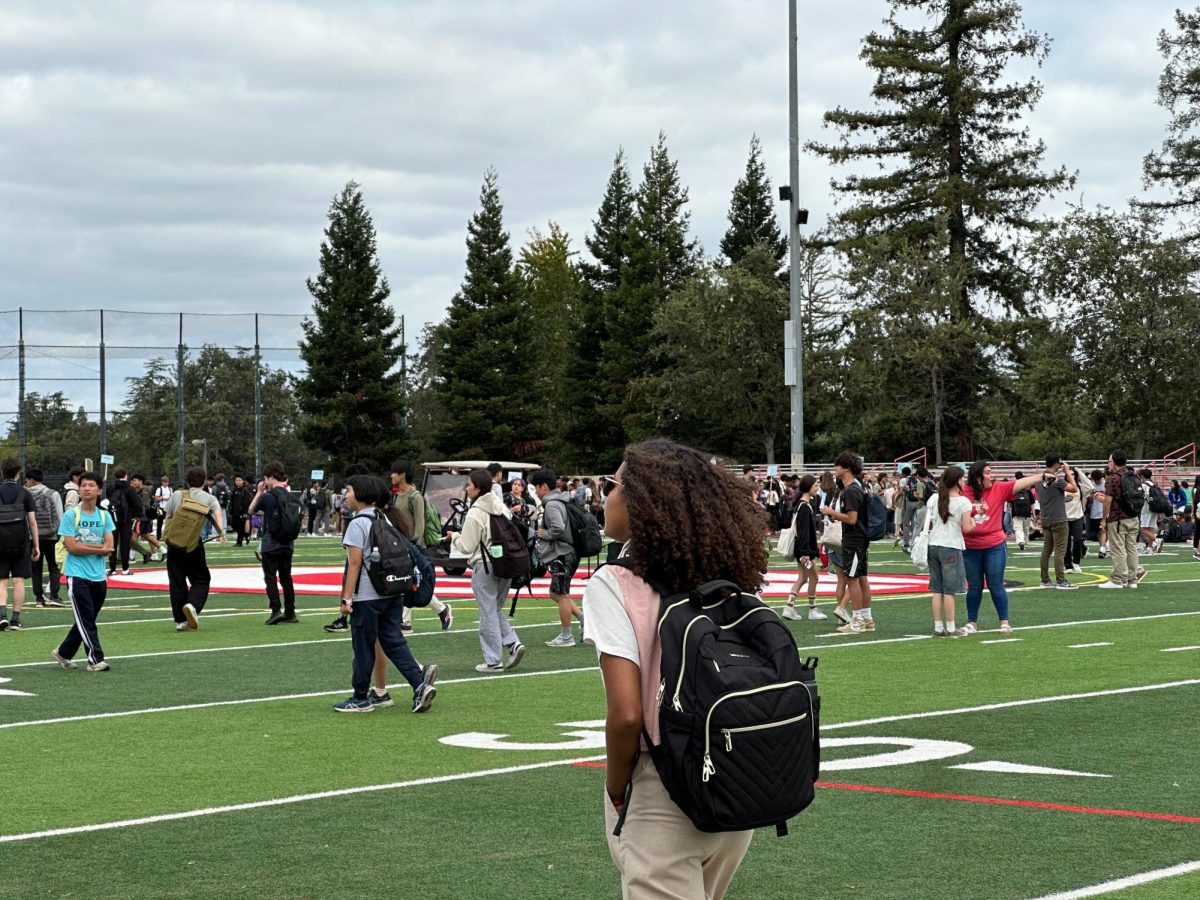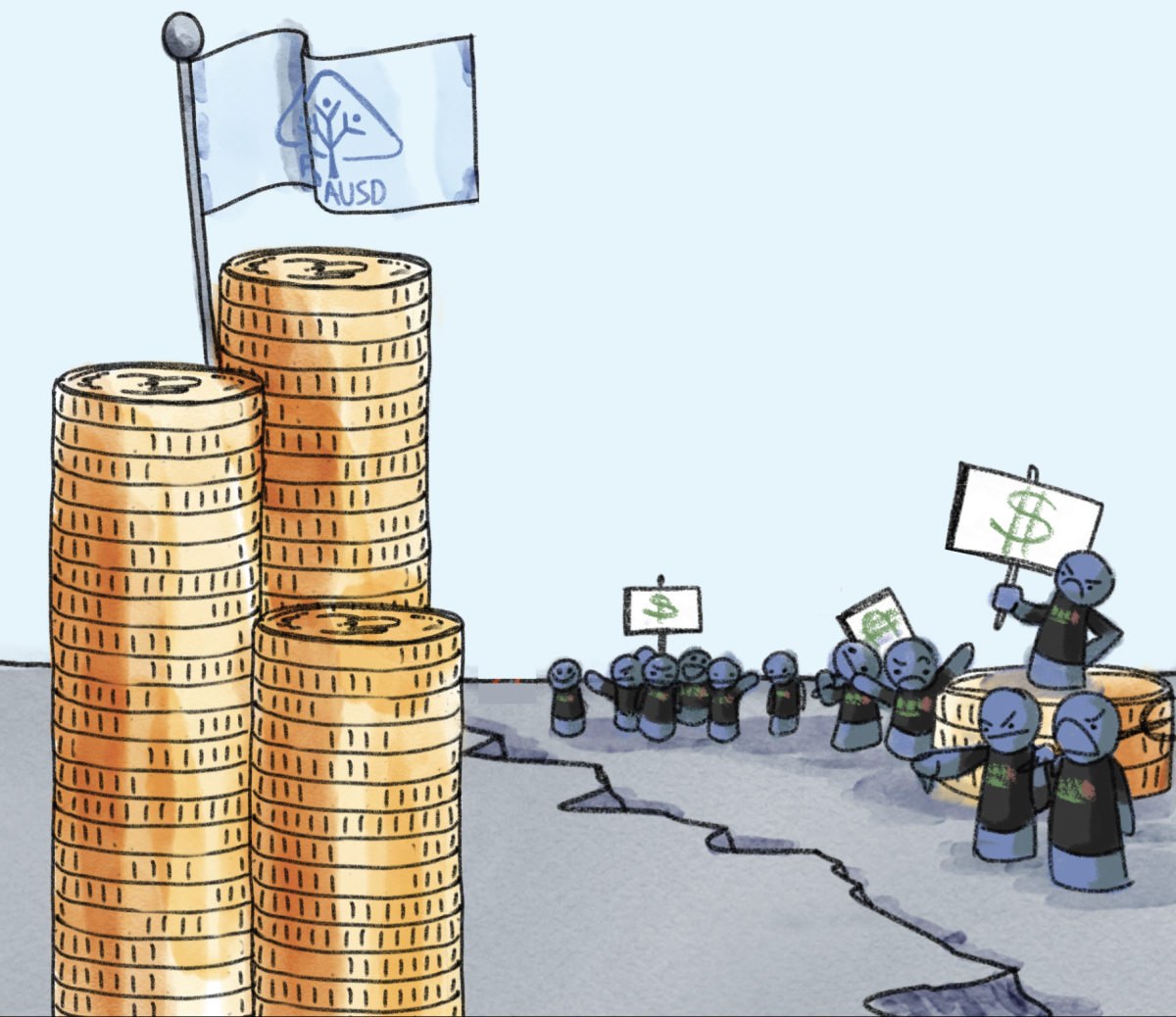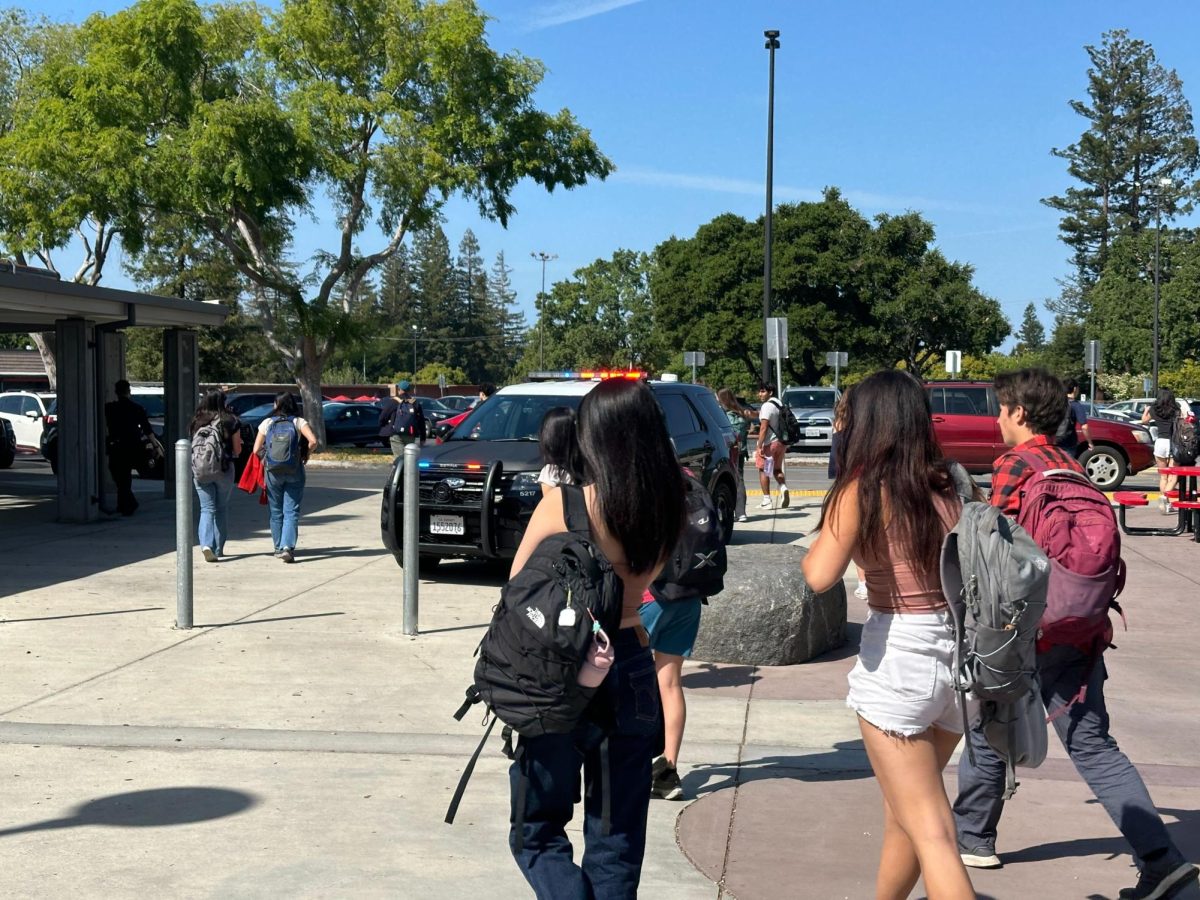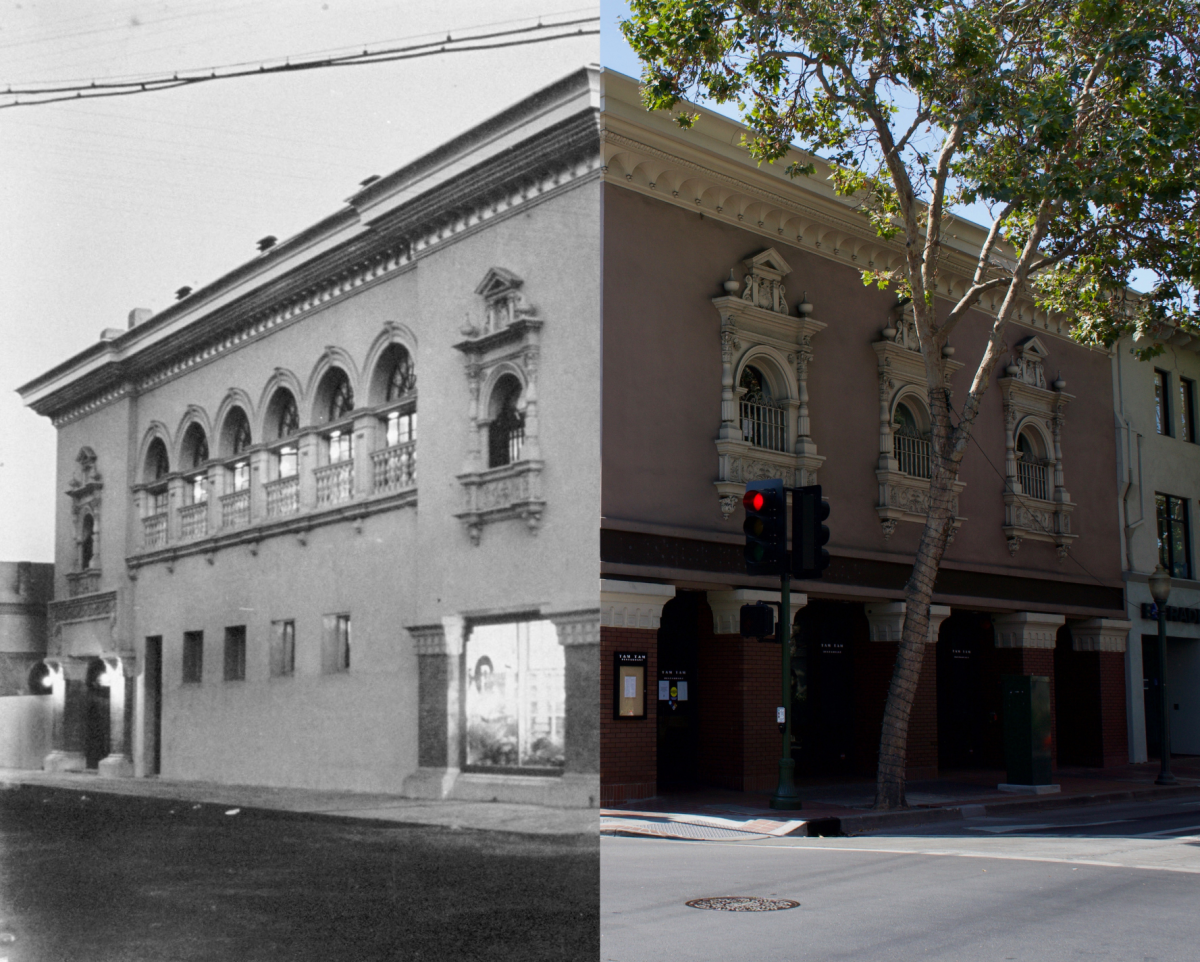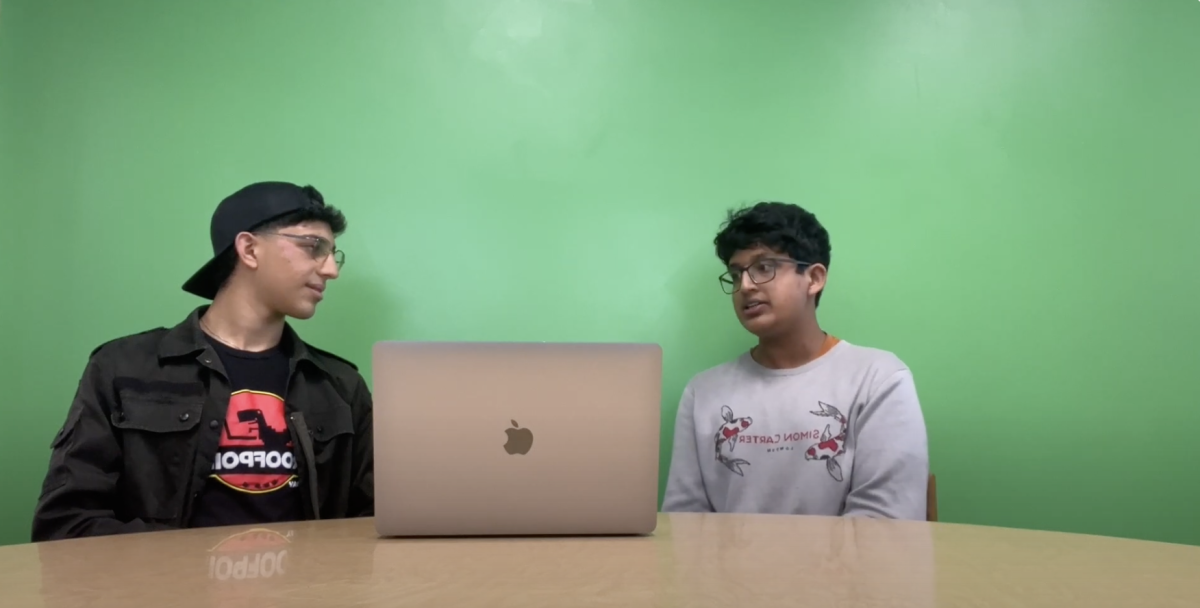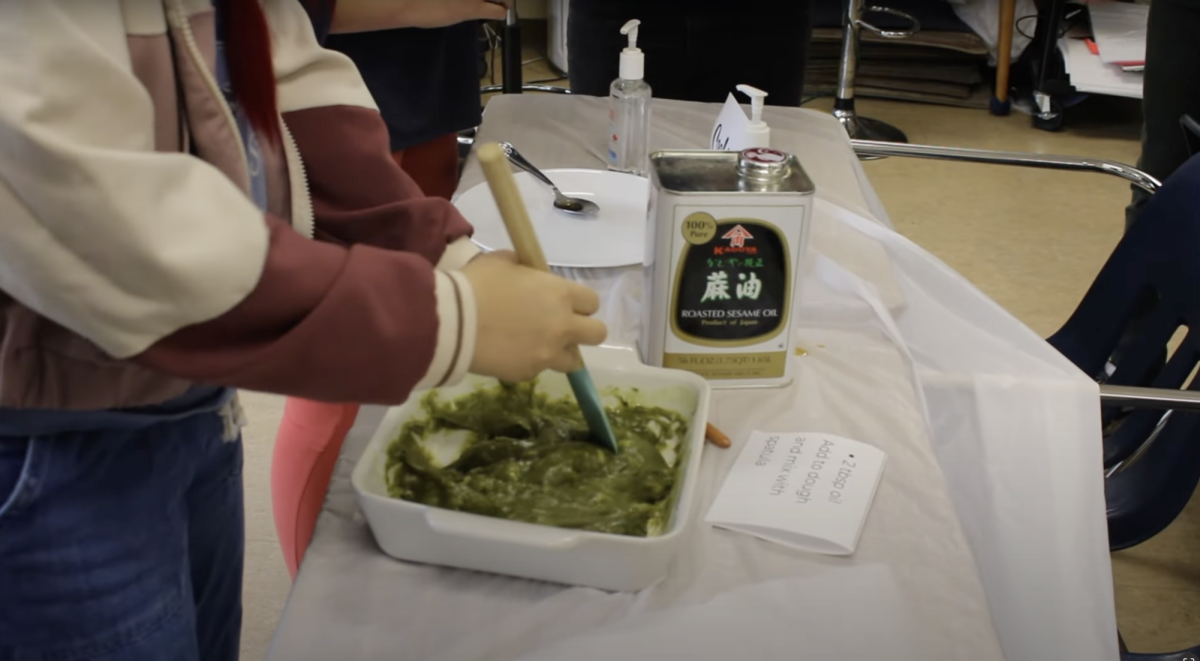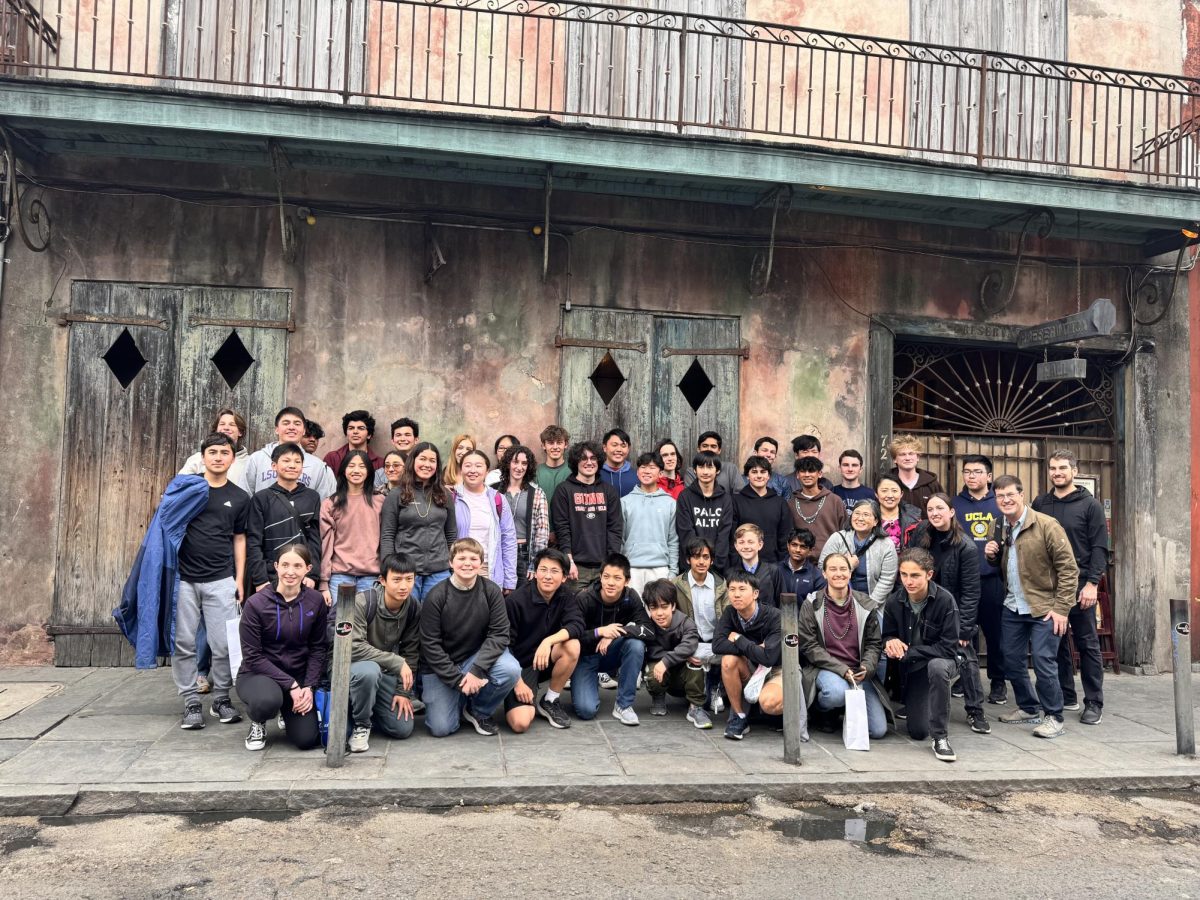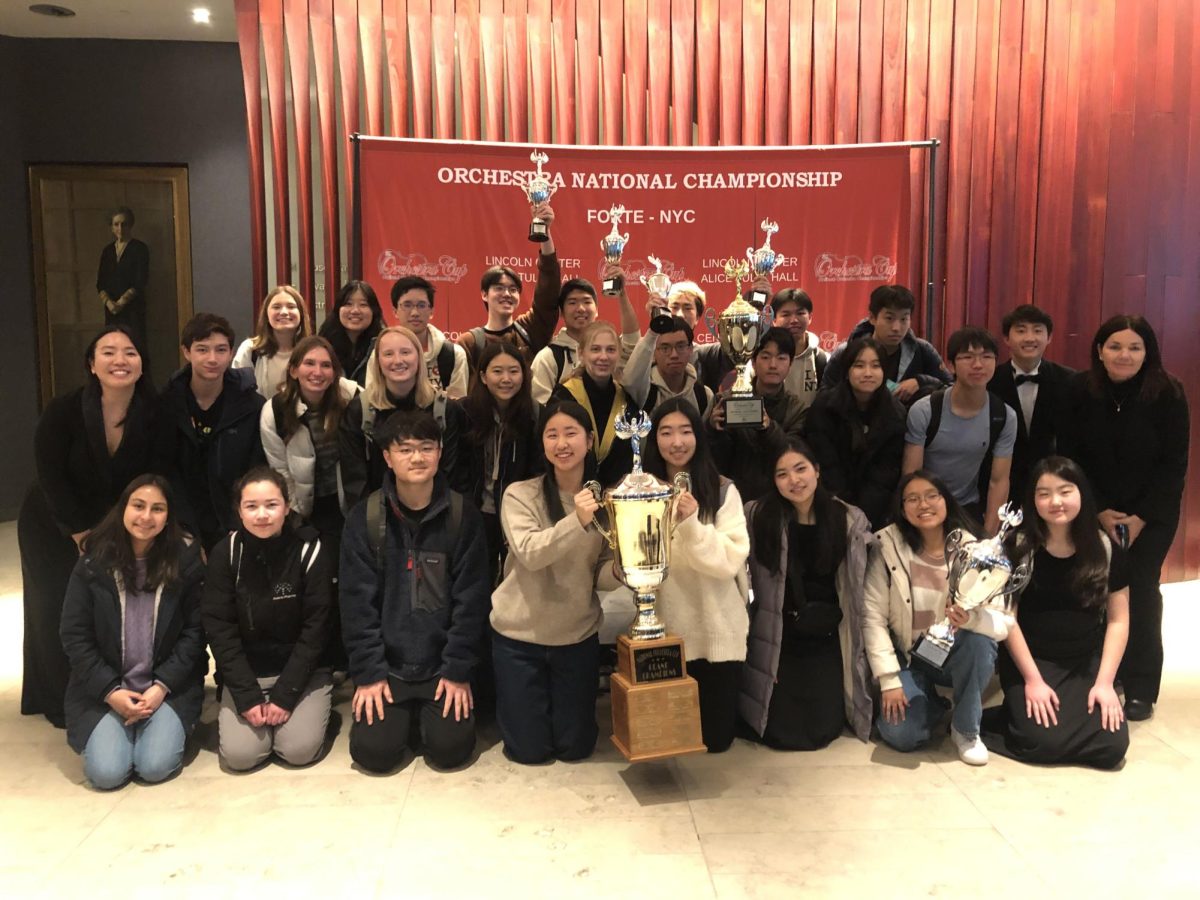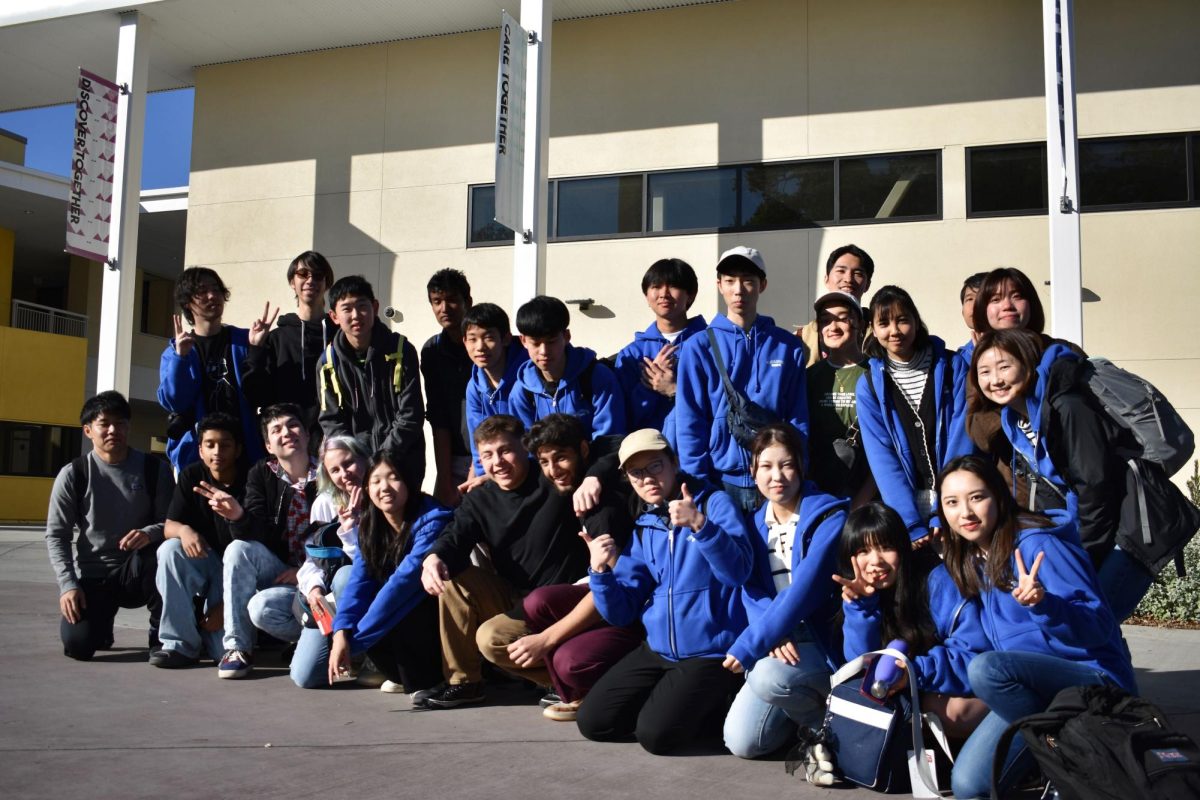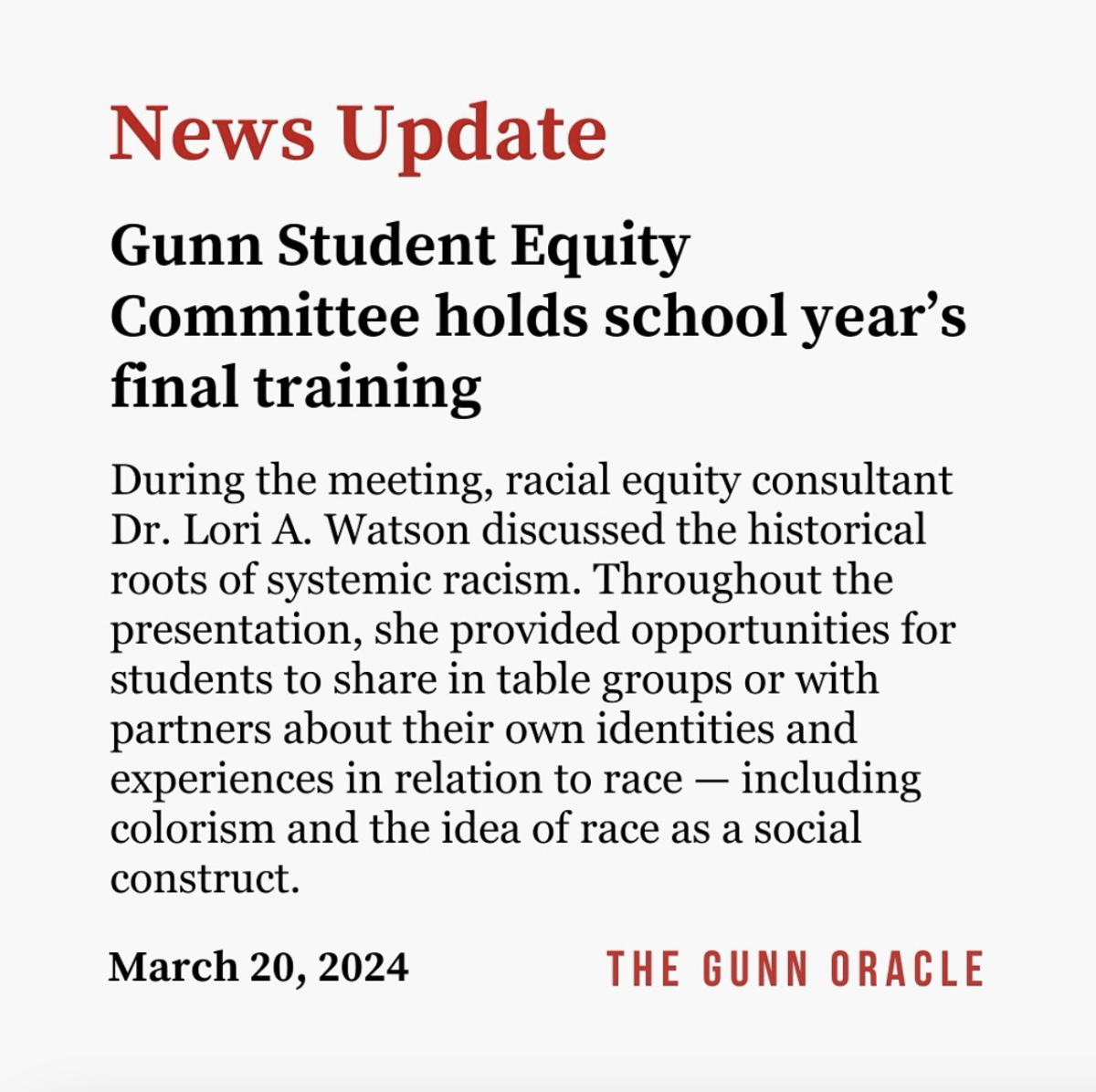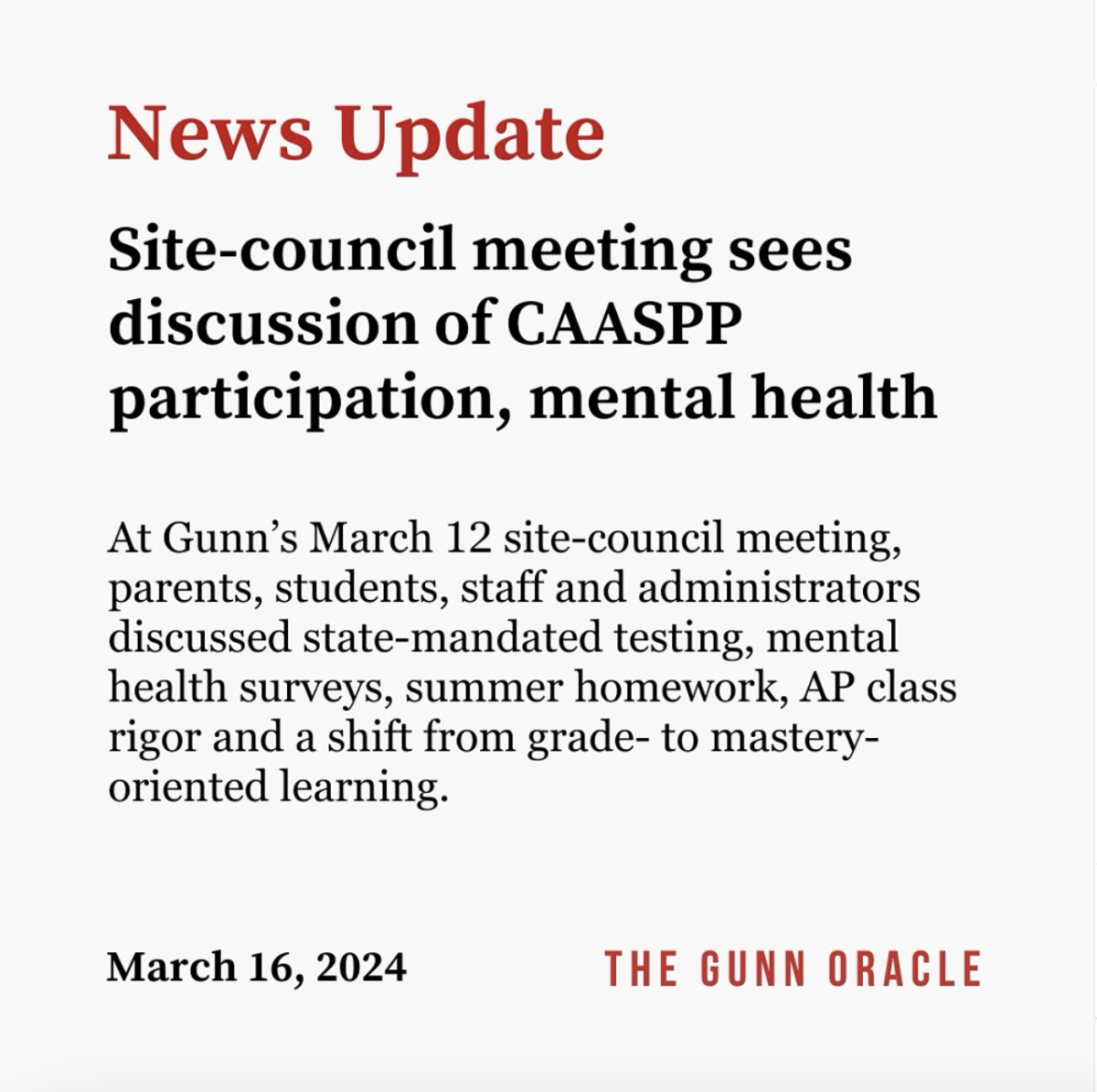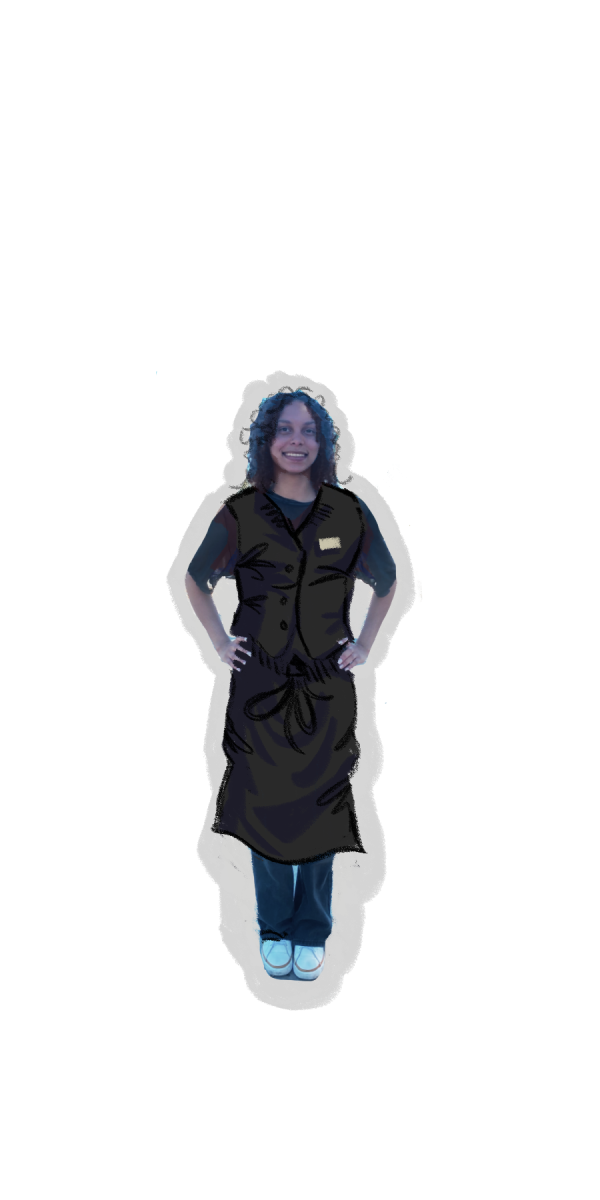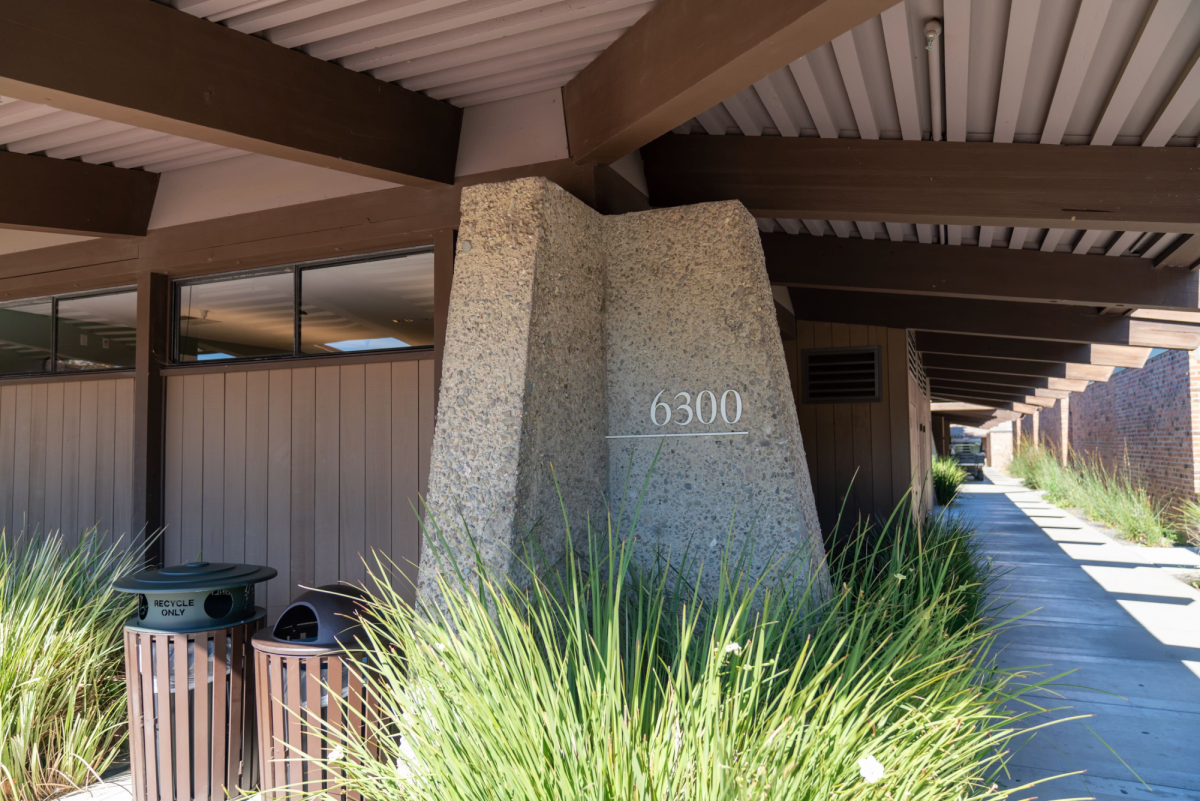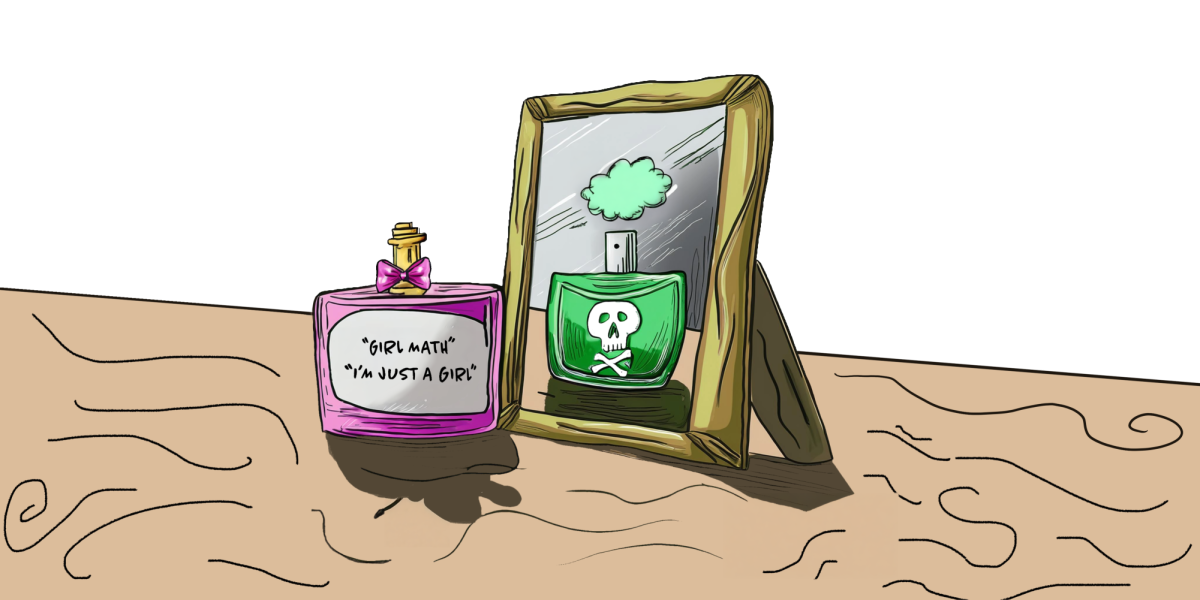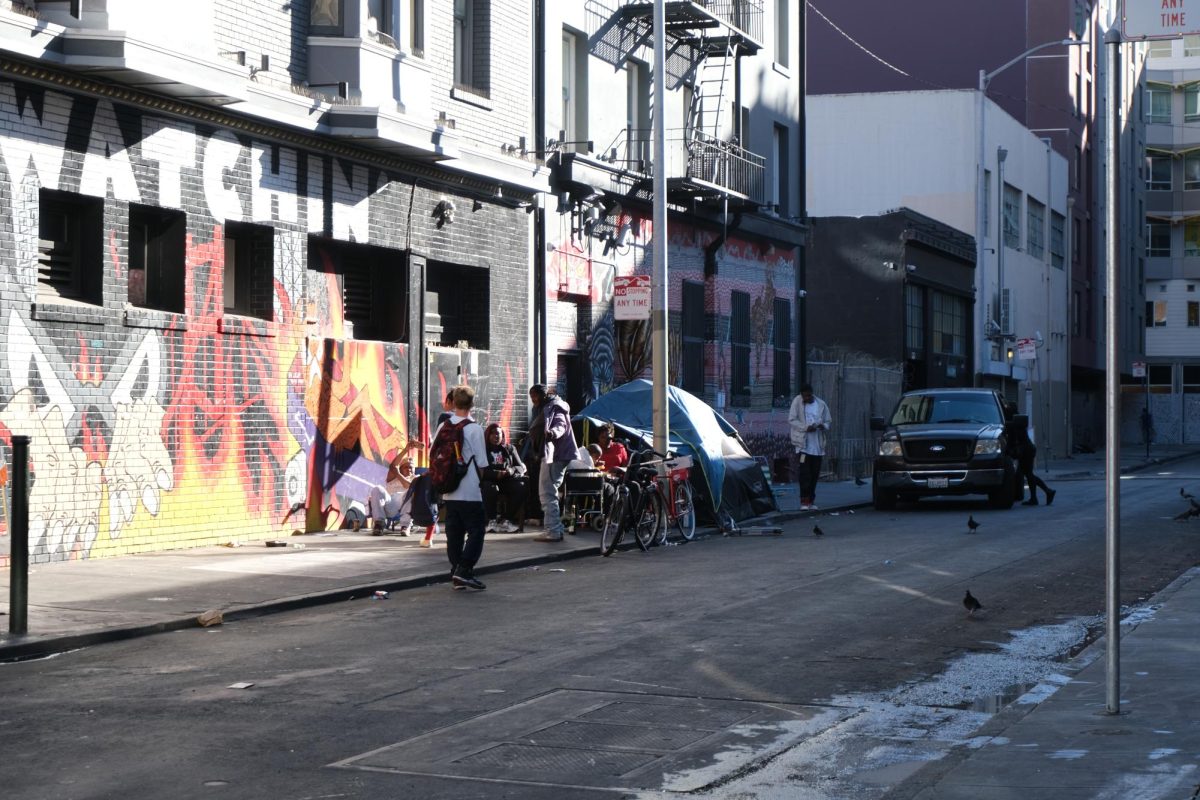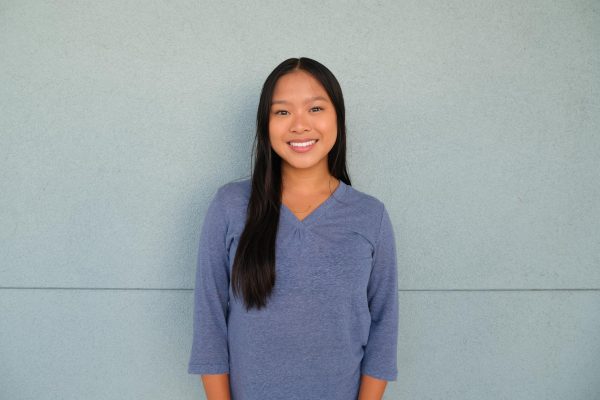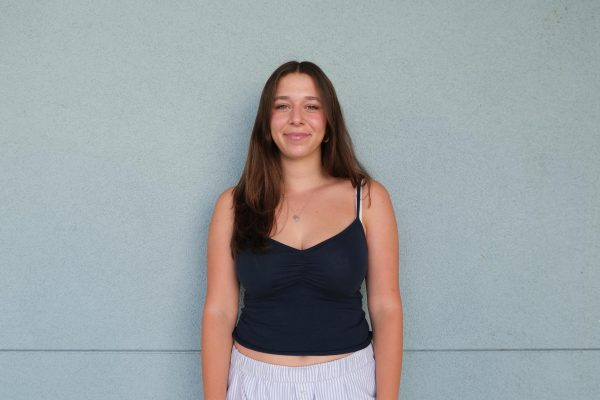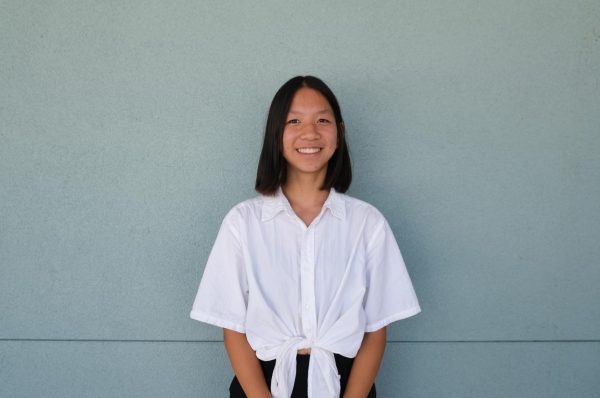On Feb. 27, during an extended lunch in the library, Gunn administrators hosted a Listening Session to allow students to voice their perspectives on Gunn’s wellness initiatives and student mental health in the aftermath of Feb. 20’s student death.
Tables seating six to seven students were organized in the library, each focused on one of three topics: SELF and Other Offerings, Student Supports (the Wellness Center, counseling and staff), and Mental Health and Stress. Students sat at tables of their choice with one to two adult mental health professionals — including the district’s head of mental health services Dawn Yoshinaga, student services district officials, school and district psychologists, school counselors, Wellness staff, the crisis response team, and staff members with expertise — along with admin and counselors, who helped facilitate.
The event had originally been planned for Feb. 23, the same day as the student walkout. In an effort to safeguard at-risk students and offer them with a safe space, Stratton convened with six student leaders — ASB President senior Nathan Levy; SEC Special Events Commissioner senior Ruth Jaquette; School Board Representative senior Chris Lee (who is also a managing editor for The Oracle); SEC Wellness Commissioner senior Daniel van Schewick; Reach Out, Care, Know Club co-president junior Beverly Lamis; and ROCK board member junior Grace Missett — about arranging a Town Hall.
She mentioned that the group of students persuaded the administration team to postpone the event to allow students more time to process. They also advocated for a Listening Session rather than a Town Hall for more voices to be heard and for students to talk in smaller groups — reducing the risk of a student’s breaking down in front of the entire group.
Prior to table-group discussions during the Listening Session, Principal Dr. Wendy Stratton addressed misconceptions and concerns regarding the student death and subsequent events. SELF Coordinator Kathryn Catalano, Assistant Principal Courtney Carlomagno, and Stratton then explained the event’s guidelines.
“I’ve learned from this experience so far that when you don’t necessarily communicate what you’re doing, people will think you are doing nothing,” Stratton said to the group. “That could not be further from the truth.”
Board President Jesse Ladomirak and Board member Jennifer DiBrienza also went over Board policy regarding memorializations. According to them, the priority is protecting the most vulnerable, at-risk students — who might potentially be harmed by a public memorial — even if it may not align with other students’ wishes.
During discussions, facilitators prompted students with initial conversation-starters regarding the table’s topic, including questions such as, “What opportunities and challenges do you see in the school’s delivery of the SELF program?” To ensure all participants could voice their concerns and experiences, each table provided a bubble wand to help facilitate turn-taking, while the professionals recorded notes to be used for reference in future meetings.
Senior Henry Peng, who attended the event, appreciated that he was given an opportunity to speak with administrators, who have a direct impact on how the school operates and decide on the changes made.
“I expected a presentation — I didn’t expect a group chat,” Peng said. “(But) I think it’s better than a presentation, (because) rather than just people sitting there listening to a lecture, it’s pretty nice that students get to be involved with how the school is viewing stuff. I really like how the school is prioritizing students’ views right now.”
Sophomore Alisa Sonehara — a board member on Solis, a local student-led nonprofit promoting youth mental-health awareness — echoed Peng’s sentiments. However, she had hoped for more nuanced discussion on a variety of issues, feeling she was constrained to the three initial questions.
“I wish we could cover more in depth of other parts because I feel like at one point, everyone at the table was kind of just repeating themselves, but overall, it was pretty good,” she said.
Processing grief and shock as a community is the pathway to recovery and achieving some form of inner peace, according to event facilitator counselor Cora Ross. She echoed that open conversation and communication is one of the most effective ways the administration can aid students through difficult times.
“The way in which I understand or know to process myself, or to encourage others to process that seems as effective as possible, is to talk,” Ross said. “It is to come together as a community, to grieve and to communicate our needs. Just to get that little knot that sits in the top of our throats, often just pars(ing) through it with somebody else (or) sharing what you’re going through can often be an enormous relief.”
Events such as this one also make way for a more student-centric educational approach, according to Stratton. She noted that students also helped shape the Schoology post she sent out on Feb. 29 about student wellness.
“I see now the paradigm shift where experts dictate ‘dos’ and ‘don’ts’ versus centering students at the center of discourse is much richer,” she said. “We’re showing that we don’t necessarily have all the answers right now, but we’re listening and trying.”
According to Stratton, administrators’ next course of action, after recording around 34 pages of notes, will be to hold a series of meetings — each on a single theme and its corresponding student feedback — with five to six student leaders. Thus far, Stratton and Catalano regrouped with the student-leaders on March 1 to debrief facilitators’ notes, using a “four-step thinking process” to address the facts and consider policy changes. According to Levy and van Schewick, student suggestions included requiring freshmen to visit the Wellness therapists for earlier exposure to resources, creating a publicized list of teacher response protocols during difficult times, and implementing Wellness team visits to Advanced Placement and SELF classes.
“I’m really excited to know that there’s a structure like this that I can now tap into to get information on whatever is occurring and moving forward for the students,” Stratton said.


